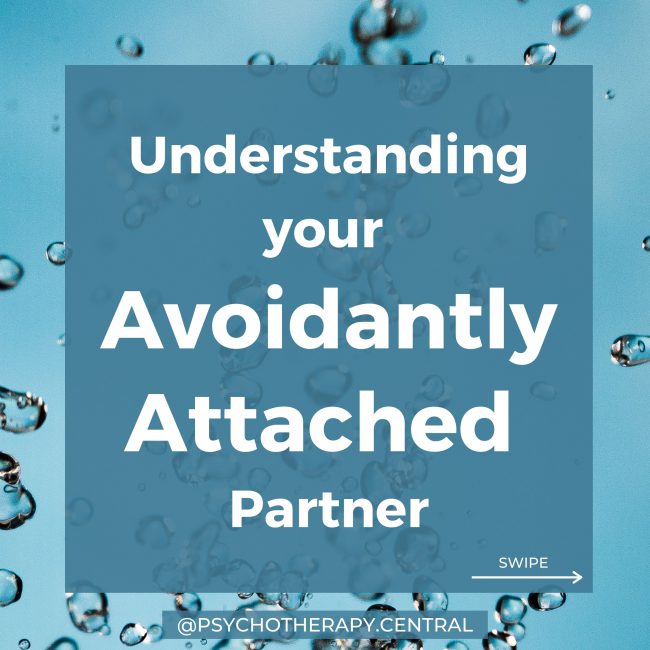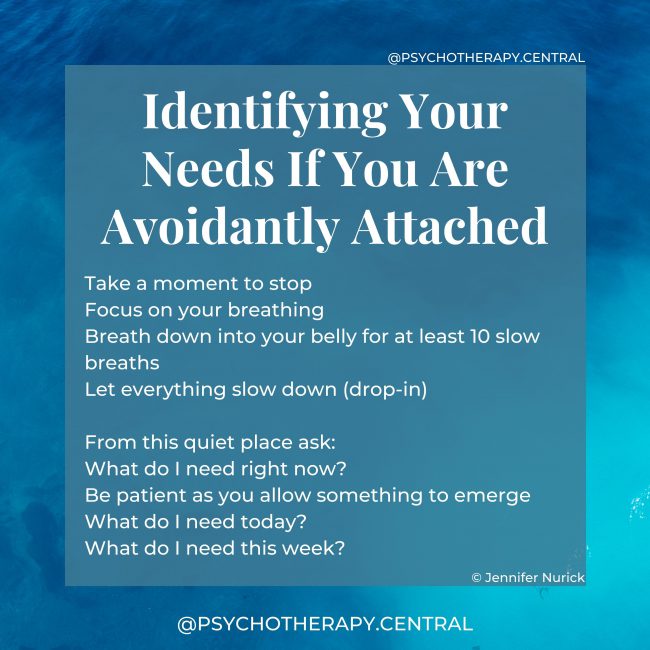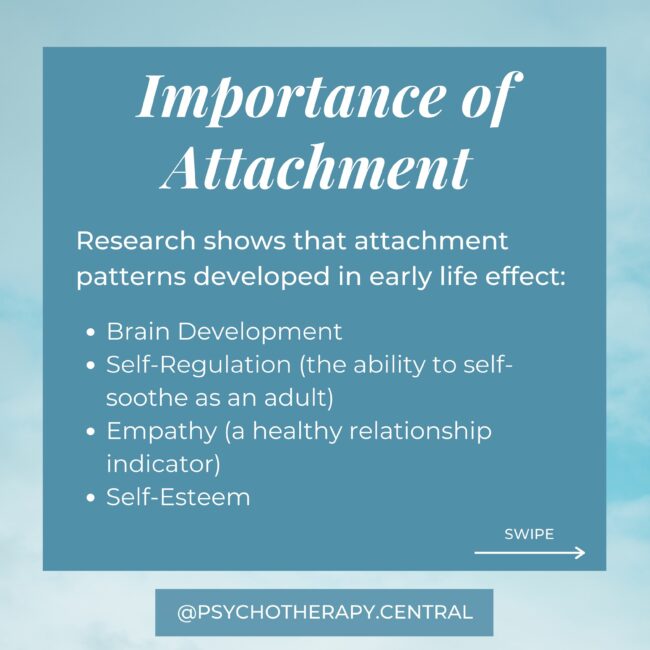IS THIS THE REASON YOU STRUGGLE IN YOUR INTIMATE RELATIONSHIPS? As children, we are like sponges. Our brain grows to 80% of its adult size by the time we are two! At times the neurons are growing at a …
Tag: avoidant attachment

I’m Anxious and My Partner is Avoidant. Will it Ever Work?
Let me know your experiences in the comments below. Feel free to ask questions

I’m Anxious, and My partner is Avoidantly Attached. Will it Ever Work?
The opportunity here is for deep healing for both of you. The risk is the reenactment of the original wounds that created your attachment style in the first place. Wherever you are on the spectrum, if you are serious about …

7 Powerful Questions for the Avoidantly Attached
If you are avoidant and ready to challenge yourself – there are the questions to be asking. Remember that for avoidant people, you have learned NOT to reach out for support. Nobody has been there to hold you in the …

5 Ways to Increase Intimacy with your Avoidantly Attached Partner
If you resonate with this attachment style, feel free to send a link to this post to your partner. The key with the avoidantly attached is to remember that when they pull back, they are often just as upset as …

Understanding your Avoidantly Attached Partner
They may expect their partner to ‘grow up’ if they express their needs or emotions, thus pushing the other person away. This is their subconscious drive to protect themselves from re-experiencing the pain of the relationship with their primary caregiver. …

Identifying Your Needs If You Are Avoidantly Attached
Have you ever marvelled at how some people seem to know exactly what they need at any given moment? Do you often feel numb and have no idea? This is one of the traits of the avoidantly attached. The avoidantly …

The Dance Of The Avoidant & The Anxiously Attached
If you think of every adult as having a child-like part and an adult-like part, certain combinations are very attractive. For example, an adult with a well-developed adult part, let’s say he’s a banker. Quite serious, not much fun. He …

How To Be With A Partner Who Has Disorganised Attachment
Children are wired for survival. To survive, they will adapt to their environment to get their needs for food, love, and security met. In children who show disorganised attachment, the primary caregiver has been erratic, unpredictable and sometimes abusive and …

